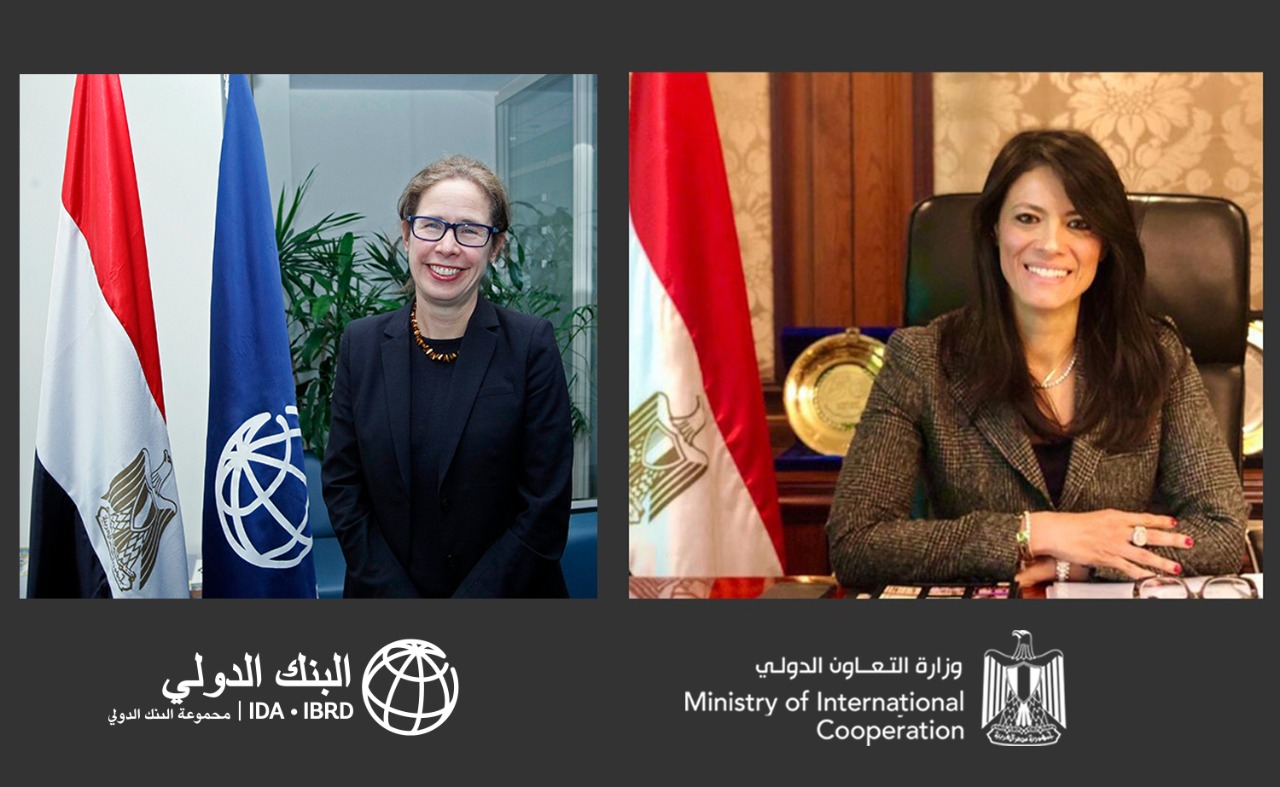
Report highlights 2 Egyptian projects among major clean energy ventures in N.Africa
A report by Energy Capital & Power highlighted two Egyptian projects – Suez Wind Power ...

The World Bank announced a $9.13 million grant from the Global Environment Facility (GEF) to expand the scope of the Greater Cairo Air Pollution Management and Climate Change Project to improving the management of electronic and healthcare waste.
This grant will reinforce the environmental benefits of the original project, both at the local and global levels.
The original project – approved in 2021- supports Egypt’s efforts to reduce pollution in Greater Cairo, with a focus on reducing vehicle emissions, improving the management of solid waste, and strengthening the air and climate decision-making system.
The generation of healthcare waste is rapidly increasing in Egypt, as in other countries, as a result of COVID-19, expanding healthcare systems, increased utilization of single-use items, and poor waste segregation practices.
Egypt also generates large amounts of electronic, or E-waste, which has been further compounded by the country’s national ICT expansion and digital upgrading efforts. Moreover, the current treatment and disposal practices of healthcare and e-waste need to be improved in order to reduce the release of more uPOPs (unintentional persistent organic pollutants), which are a group of chemicals that persist in the environment and can lead to serious health effects and adversely affect environmental quality when released into the air, water or soil.
Public health studies indicate that exposure to uPOPS poses many health threats including respiratory problems, skin disorders, acute brain damage, stroke, asthma, coughing, bronchitis, reduced lung development, and high blood pressure. Workers who collect and process this waste are at the greatest risk as they come into direct contact with hazardous material.
“Expanding the Greater Cairo Air Pollution Management and Climate Change Project falls within the Government of Egypt’s commitment to a green transition by utilizing innovative methods to enhance the management of electronic and healthcare waste, primarily taking into account the health of citizens. The project’s development will support Egypt’s climate strategy 2050 by creating a regulatory environment with data-driven decisions and awareness on the management of waste and recycling,” said Dr. Rania A. Al-Mashat, Egypt’s Minister of International Cooperation.
The project expansion aims to achieve its goal through supporting the country’s national action plan on uPOPs, with a special focus on strengthening i) the regulatory framework, ii) data collection iii) management and monitoring iv) awareness raising v) safe handling capacity and vi) sector capacity of management of special types of waste and recycling.
“Advancing both the healthcare and digital sectors are key priorities for Egypt. In parallel, we need to ensure that these vital efforts do not compromise the health of citizens,” said Dr. Yasmine Fouad, Minister of Environment. “This project aims to do so through supporting Egypt’s E-waste and Healthcare waste improvement efforts. It focuses on strengthening the sector’s regulatory framework as well as providing more jobs within this very important sector.”
“We are committed to supporting Egypt’s broader environmental preservation efforts,” said Marina Wes, World Bank Country Director for Egypt, Yemen, and Djibouti. “This project is also in line with our upcoming Country Partnership Framework with Egypt for FY 23-27, which puts people at the center of its strategy, and aims to support the country’s efforts to improve climate resilience while greening the economy.”
A report by Energy Capital & Power highlighted two Egyptian projects – Suez Wind Power ...
The opening concert of the Annual Meeting 2025 in Davos-Klosters will address the pressing issues ...
Juhayna Food Industries proudly announced that its agricultural arm, El Enmaa for Agricultural Development, has ...


اترك تعليقا